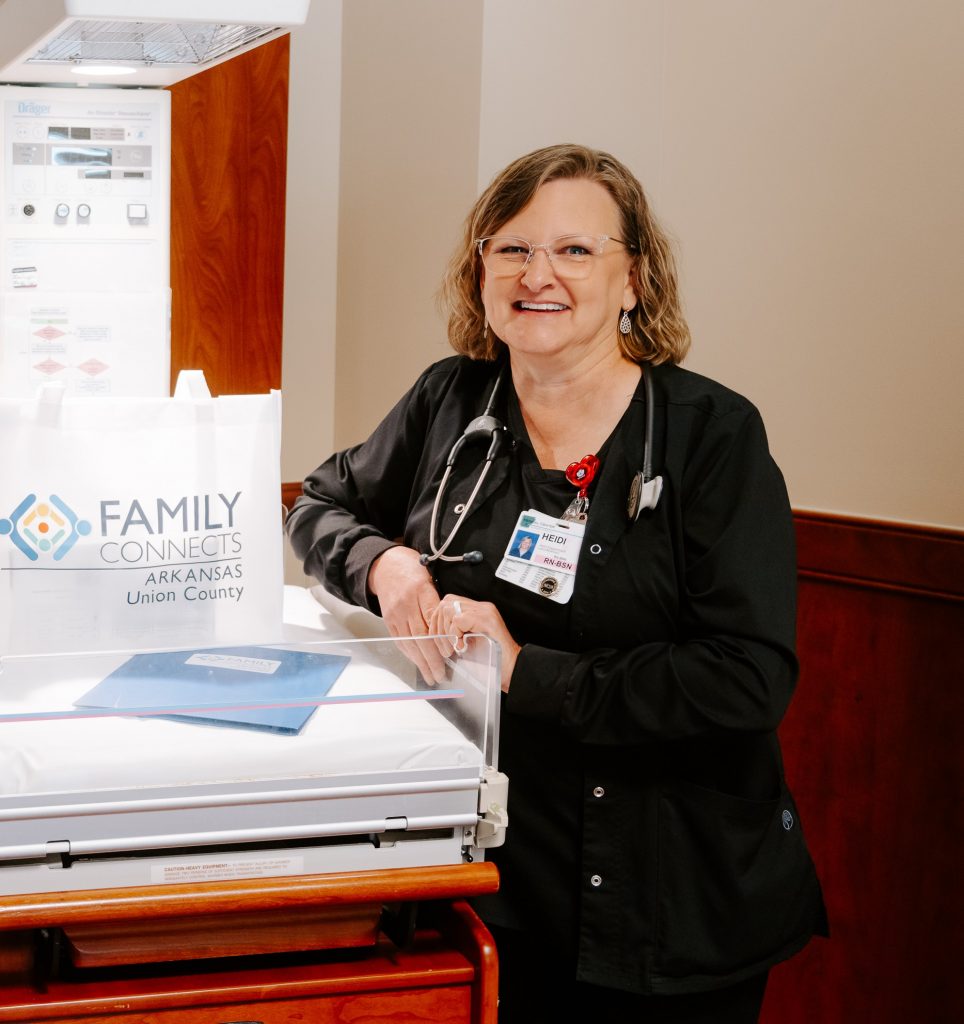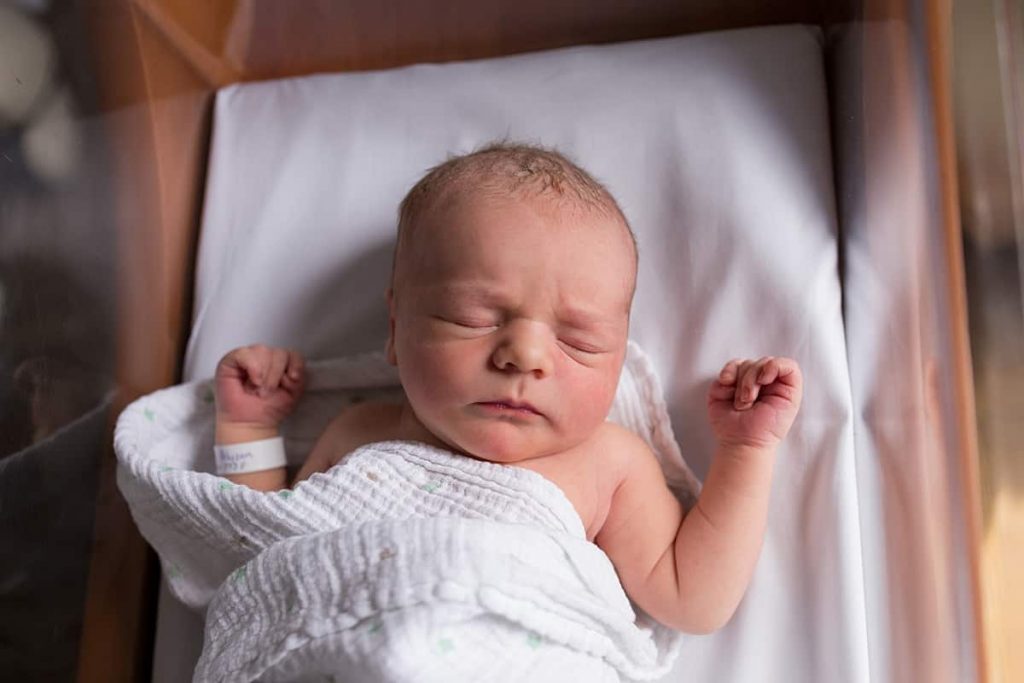By Jessica Ford
Arkansas continues to face troubling challenges as it battles a persistently high infant mortality rate, with recent data painting a grim picture of the state’s struggle to safeguard its babies.
The Arkansas Department of Health defines infant mortality as a statistic that looks at the number of babies who die each year before they reach their first birthday. According to the Centers for Disease Control and Prevention (CDC) based on data from 2022, for every 1000 live births in Arkansas, there were 7.67 infant deaths — above the national average of 5.7 deaths per 1,000. This places Arkansas with the third-highest infant mortality rate in the nation.

Similar reports reveal a disproportionate burden of infant mortality among Black communities. According to the Arkansas Center for Health Improvement (ACHI,) deaths among Black infants remain the highest of all racial and ethnic groups, with 10.86 deaths per 1,000 births in 2022, compared to 4.52 deaths per 1,000 births among white infants.
Some efforts to combat infant mortality are underway. The University of Arkansas for Medical Sciences (UAMS) created the Following Baby Back Home program for families of infants after their discharge from a Neonatal Intensive Care Unit (NICU). The program sends healthcare providers to homes, especially in rural areas, to help provide support for new moms.
Newborns in the program often have specific needs at home to thrive, like preemie-sized equipment or other essentials. Some mothers have confided to the program’s nurses that they borrowed car seats, or they have to co-sleep because they don’t have a bassinet.

“Many women are reluctant to have home visits because they worry that the nurses will critique their parenting,” said Heidi Klappenbach, a visiting nurse in Union County. “But I love telling them that they’re doing a good job.”
Klappenbach brings a portable scale to check baby’s weight and talks with moms about signs of postpartum depression, growth and development, immunizations and even checking for smoke and carbon monoxide detectors in homes.
“We want to help,” she said. “I try to connect them to whatever resources they need.”
